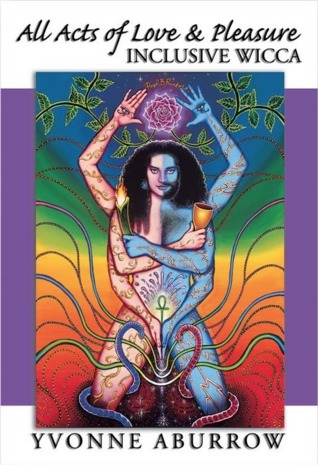The news that Hagia Sophia possibly contains eight green marble columns from the temple of Artemis at Ephesus reminded me of this poem I wrote in 2008.
Month: July 2020
Terra Nullius, Terra Pagana, Terra Indigena
Recently there was an excellent column on The Wild Hunt by Luke Babb, Reckoning with Racism through a Pagan Lens. It was a good analysis of the relationship of Protestant Christianity with racism, and of attempts to use that tradition to justify racism.
In the column’s comments section, some readers said they felt that the evidence offered for the intimate connection of racism and Christianity was insufficient. The disconnect seemed to stem from a conception of racism as only being its more extreme manifestations – that is, as actual expressions of violence toward Black, Indigenous, and other people of color – rather than the everyday reinforcement of white supremacy and privilege by those who choose to ignore the fact that they are living in a colonial state that grew rich from the exploitation, dispossession, and destruction of Black and Indigenous communities.
Three major pieces of evidence – the concept of terra nullius, the activities of Christian missionaries, and Indian residential schools – reinforce the relationship between Christianity, colonialism, and racism, and reaffirm the points Babb made in their original article.
» Read the rest of the article at The Wild Hunt
Featured image: native-land.ca
Fields of the Sky
My poem for July’s “Name that Vase” competition at The Alchemist’s Studio.
The lines on the vase
Are hedges and paths around
The fields of the sky
Sky people travel
Along the lines, pause to breathe,
Dazed by the blue glaze
The dots are deep wells
Where fresh memories gather
Dew from rising dreams.

It’s time to share our winner and feature another vase in need of a name! Welcome to my monthly feature – ‘Name that Vase’.
Dialogue with traditions
In initiatory Wicca, there have been some fairly heated arguments over the years about what tradition means, and what aspects of Wicca can be creatively altered to be inclusive. When I started talking about making Wicca more inclusive for LGBTQIA+ people, the response from some people was “but what about the tradition?”
In this post, I propose a new approach to questions of tradition: more of a creative dialogue, and a focus on the real purpose of a tradition (which is the approach I have tried to take all along, but some people assumed that I was throwing away all adherence to tradition).
Zoom Talk on Folk Magic


Folk Magic
Yvonne Aburrow and Bob Houghton
- Zoom talk hosted by the Centre for Pagan Studies
- Sunday 12 July 2020
- 19:30 BST (UK) / 14:30 EDT
Register for the talk on the CFPS website
Update
If you enjoyed this post, you might like my books.


